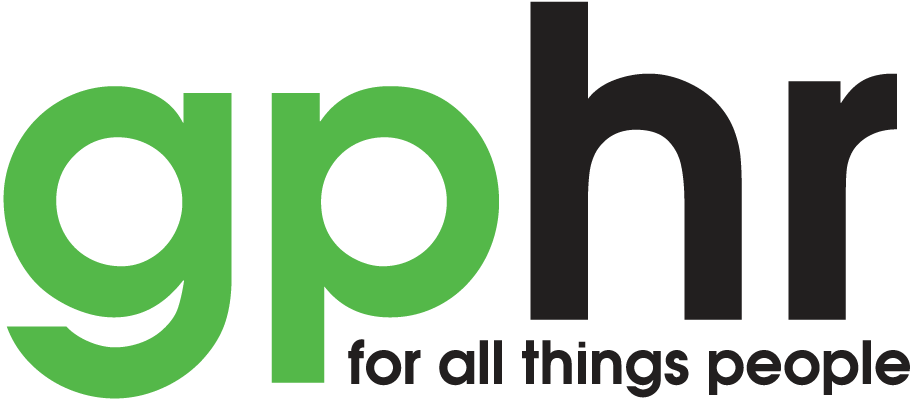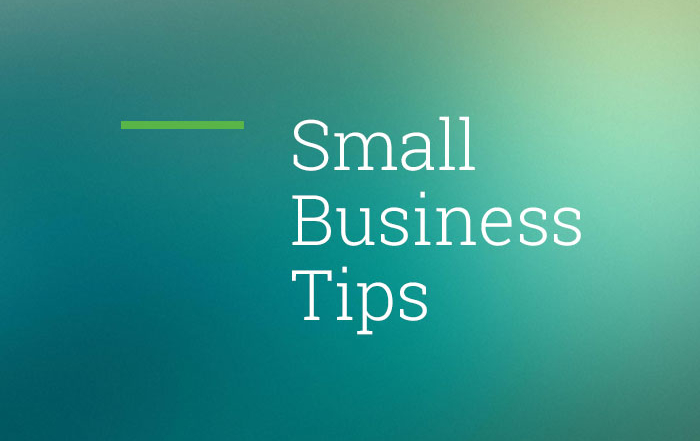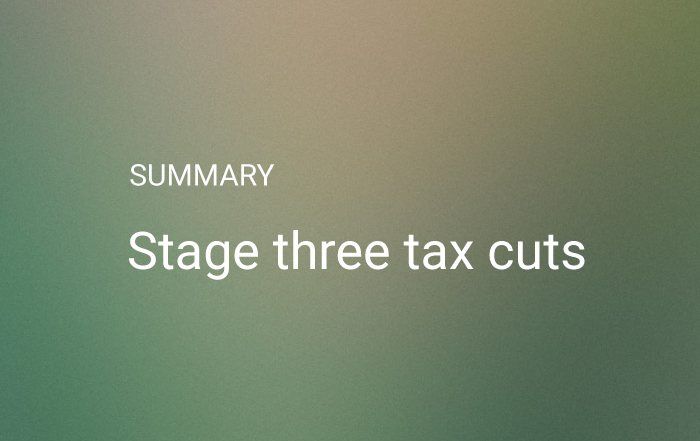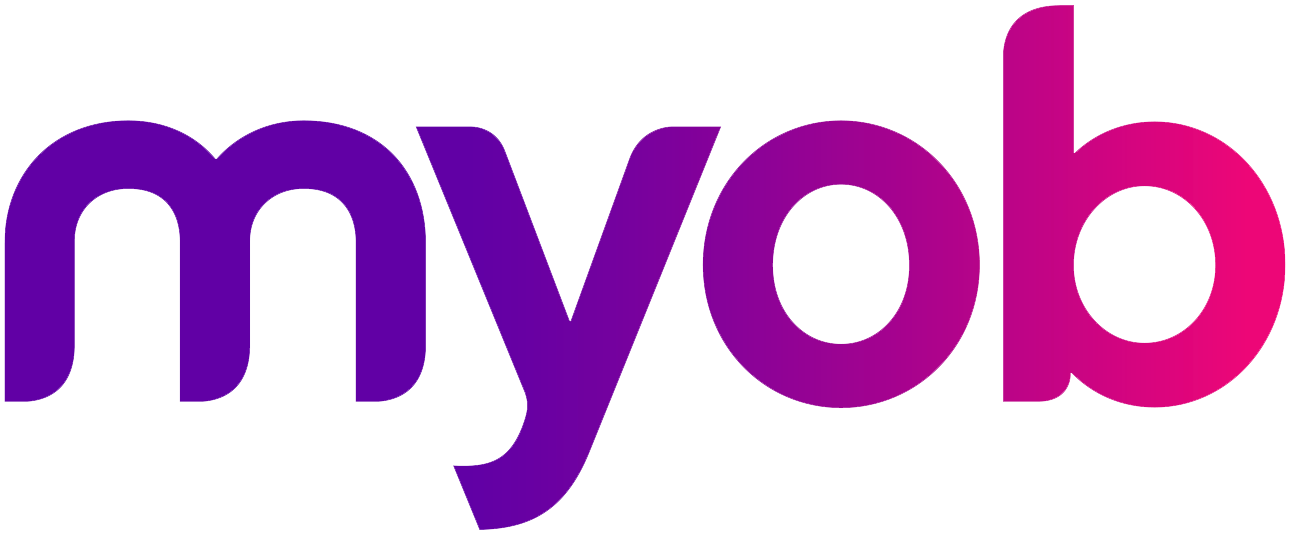
DFK Gooding Partners
May 15, 2023
The Fair Work Commission has just announced its increase to minimum wages which will become effective from the first full pay period on or after 1 July 2023. If your employees are currently receiving an over-award payment, penalty rates or allowances linked to Award pay rates, the increase may mean your staff are no-longer ahead of the award requirements.
In this article, GPHR Director Wendy Jeffery-Lonnie covers what you need to know for the award changes, as well as tips to ensure your payroll is all set to avoid any costly surprises come 1 July.
Key takeaways
- If your staff are paid in line with the Award – you will need to ensure your payroll system is set up to take into account the new minimum awards rates. Plus review any allowances or penalty payments in line with the new rates.
- Penalty rates and allowances outlined in awards that are linked to pay levels will also go up (this includes leave loading). This means that if your employees are currently receiving an ‘over-award’ salary to cover all the additional amounts set out in the awards, the increase may no longer cover the new award levels.
- If you have non-award staff on salary packages – they will be looking at the minimum rate % and thinking that is what they should get too… if you are looking at salary reviews now – this is a factor to consider.
- The Fair Work Commission is continuing its campaign to identify pay issues in businesses (big and small). McDonalds was hit last last year with a $250m wages claim over rest breaks not being compliant with the Award. Just yesterday BHP were found to have mis-processed $430 million in incorrect payroll calculations of public holidays. If the big guys can get it wrong… it goes to show how easily a seemingly small error multiplied by many staff over many payrolls can add up.
Summary: the minimum wage review for 2023
The national minimum wage across Australia is currently $812.60 per week or $21.38 per hour.
The minimum wage on 1 July 2023 will increase by 5.75% to $23.23 per hour.
At first glance this seems like an 8.65% increase. And it is… however only on the C14 introductory wage level. Traditionally the commission has looked at what they call the C14 wage level – this is an introductory or training wage. This year they determined that this was no longer the appropriate starting point for considering wage reviews so have used the C13 wage level instead and based the 5.75% on that level. The C13 wage rate last year was $21.97 thus going up to $23.23 is 5.75%.
Gender equity is still not off the table with industries such as childcare and aged care having an 80% v 20% F/M gender participation ratio. Special remuneration groups have been established to independently review these wage sectors with further increases to minimum wage rates likely.
The percentage increase to the minimum wage will apply to:
- Employees under a Modern Award (even where they may currently be paid above Award wages).
- Employees who are not covered by an Award or Agreement (national minimum wage would apply)
The Fair Work Commission is currently working through their minimum wage review, and we should have an announcement soon with pay tools and information sheets which should be available online before 1 July.
Q. I’m already paying staff above award wages. Am I exempt from these increases?
This is a common question we often receive from clients. Paying your staff above Award wages does not preclude you from the provisions of the Award, except in certain circumstance and only when documented carefully. If you are not sure whether your staff are Award employees – check it now. The penalties for breaching Award or Fair Work Act provisions are substantial.
How to ensure compliance from 1 July with new Award rates
- If you currently pay a salary above minimum Award rates and you are not intending to give pay rises this year, it is a good idea to recheck your employees’ rates against the new minimum Award rates once they are announced to ensure all your employees continue to be remunerated at or above minimum Award rates.
- If you have any special payment arrangements (eg not paying overtime, leave loading or a certain allowance or penalty because you pay a higher salary) make sure this arrangement is clearly documented. Don’t rely on a verbal agreement or a quick email to protect you from a future wage claim. There have been some recent cases highlighting unclear “offset clauses” in employment contracts, showing where they have failed to hold up in court.
- A quick review of your employment conditions and contracts is a quick, easy and inexpensive way to protect your business.
- Check your payroll codes for which pay items are flagged as having superannuation paid on them. Normal hours with a 1.5 x penalty rate for working on a Saturday would attract superannuation, overtime hours worked on a Saturday attracting a 1.5 x overtime rate would not.
- If you employ ‘vulnerable workers’ you are particularly at risk of additional scrutiny from the Fair Work Commission. Penalties for breaches of the Award and/or Fair Work Act are multiplied 10-fold.
Income Statements – Complete your finalisation declaration before 14 July
Income Statements are the equivalent to the old Payment Summary (or going back even further a Group Certificate). Income statements are updated automatically after each pay through your Single Touch Payroll (STP) process. After the end of the financial year (and before the 14th July), you will need to complete a “finalisation declaration”, which changes the status of the information contained in the Income Statement to “Tax Ready”. Your employees will gain access to these finalized Income statements through their personal MyGov account. You do not need to provide them with a hard copy.
SGL employer contributions increase to 11%
The Superannuation Guarantee Legislation (SGL) employer contributions will increase from 10.5% to 11% on the first pay period after 1 July 2023. The end of financial year is a great time to check your payroll is set up to ensure your superannuation payments are calculating on Ordinary Time Earnings. You should also take the time to re-check those employees on Salary Packages (where Superannuation is included) that the salary plus superannuation plus other remuneration benefits are calculating correctly and that you are meeting any award obligations.
Unsure where to start with award compliance?
The Fair Work Commission have a range of on-line tools available at www.fairwork.gov.au.
Alternatively, feel free to contact GPHR Director Wendy Jeffery-Lonnie directly on 0411 559 697 with questions about the new award rates, your staff, employment contracts, pay rates or performance issues.










